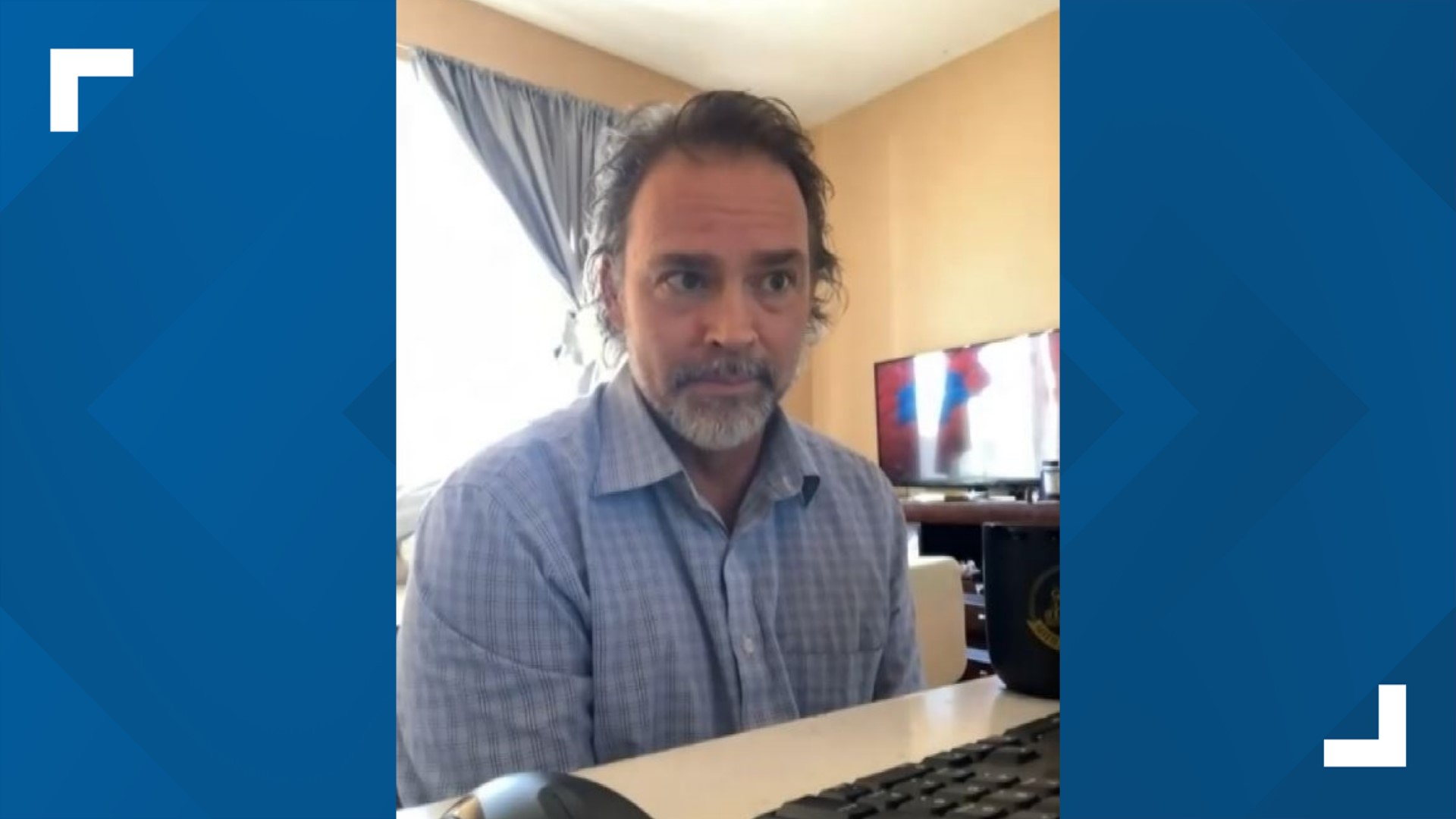COLUMBUS, Ohio — Matheau Moore said he is ready to share his side of the story. Through everything — his wife’s disappearance and death, his trial and exoneration — he said no one got it right.
Back in May 2020, Emily Noble disappeared. Her body was found months later in a wooded area near her Westerville home. Police would later say that she had been murdered and that her death had been staged to look like a suicide.
Moore would eventually be arrested and charged with his wife’s murder. He stood trial and was found not guilty.
He has now written a book about that experience called “Emily: A Staged Suicide in Ohio.” Moore said he spent months writing it, calling it therapeutic and something he needed to do.
“Because of the way I was portrayed in the media, people’s perception of me is just, is way off,” he said. “I wanted to get my shot at getting my name back, and I felt like a book would be the best way to do it.”
Moore would not share where he is living now but did say he is not working currently. Instead, he’s been investing all of his time in completing the book, which is released in digital form on March 20.
Moore said he hopes the book will clear up what he calls several lies, including that he never searched for his wife and that the two were on the brink of divorce.
Extended interview: 10TV's Brittany Bailey speaks to Matheau Moore
Moore insisted he did search for his wife, just not with police. He said he showed flyers to the crowds at two Black Lives Matter rallies in the weeks after Noble’s disappearance. And he said, even though Noble had removed her wedding ring prior to her disappearance, their marriage was not in trouble.
“No, not at all,” he said. “We were spending every day together because of COVID, and we got really close.”
Moore said it should be clear to everyone what really happened, and that is that his wife died by suicide. When it comes to the reasons why, he said that is less clear.
“I knew her,” he said. “It’s a complicated issue. If you’ve ever known anybody that’s committed suicide, that story, it’s a complicated one. If you’re close to someone who kills themselves, I’ve been there twice, with my son and my wife, it’s a very difficult situation to be in.”
He also realizes that many in the community, unconvinced by the jury’s not guilty verdict, still feel as if he got away with murder.
“It’s something you have to get used to, I guess,” Moore said. “It’s not fun. I like Westerville. It was really nice living there. I care about what the people there think. I don’t know. I hope they read my book. And I hope it helps them in some way, to see what’s going on.”
Moore said he also hopes his story serves a message to others that, if he can survive what he’s been through in the past several years, anyone can. He describes the pain of losing his mother in 2018, his son in 2019, his wife in 2020 and his father in 2021.
He said his arrest and trial prevented him from fully grieving his wife, and that’s something he’s still coming to terms with now.
“There’s no closure with Emily and me and her death, so it’s, the combination of being accused of murder, at the same time dealing with that, it’s a pressure and a feeling that I can’t describe,” he said. “Right when I was found not guilty is when I started to be able to grieve her, so that’s why probably I got emotional. That was her more than anything else. I could start the grief process with my wife right there, in court, when they said not guilty.”
And, as for that guilt, he’s well aware that cloud of suspicion is a burden he’ll simply have to bear. But his hope is that the book will make a difference.
“The people that think I’m guilty, there’s nothing I’m going to say to change that,” he said. “There’s nothing I can do. But if you’re on the fence, it will help. ‘Cause there’s a lot of stuff that they didn’t know that the book will help them with. I hope her family reads it.”
Mental health resources
If you or someone you know is in a crisis or having thoughts of suicide, call the Suicide & Crisis Lifeline at 988. The lifeline can also be reached at its former number 1-800-273-8255 or online at 988lifeline.org. You can also text HELLO to 741741 to reach the Crisis Text Line. A comprehensive list of suicide prevention resources can be found on the Substance Abuse and Mental Health Services (SAMHSA) website.

